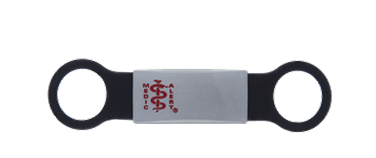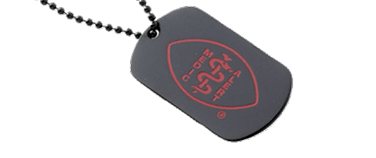Ken
My journey with aggressive prostate cancer began in 2014 when I underwent a prostatectomy shortly after diagnosis. Unfortunately, the cancer returned, leading to a six-week daily radiation treatment for my prostate bed. These treatments caused significant urinary incontinence, which has been increasingly troublesome over the years. Recently, I opted for a surgical solution - an artificial urinary sphincter (AUS) - to manage the incontinence discreetly.
Though there are no visible signs of the AUS, it requires special care. If not deactivated before bladder catheterization, both my urethra and the AUS could suffer severe damage. To ensure my safety, I wear a Medic Alert bracelet that alerts medical staff to the existence of the AUS in case of unconscious admission due to a medical event or accident.
Given the complexity of artificial urinary sphincters, the bracelet's wording emphasizes the need to consult a urologist before performing any urethra catheterization. This precaution will help prevent potential complications and ensure proper care.
.png)
.png)


.png)


.png)


